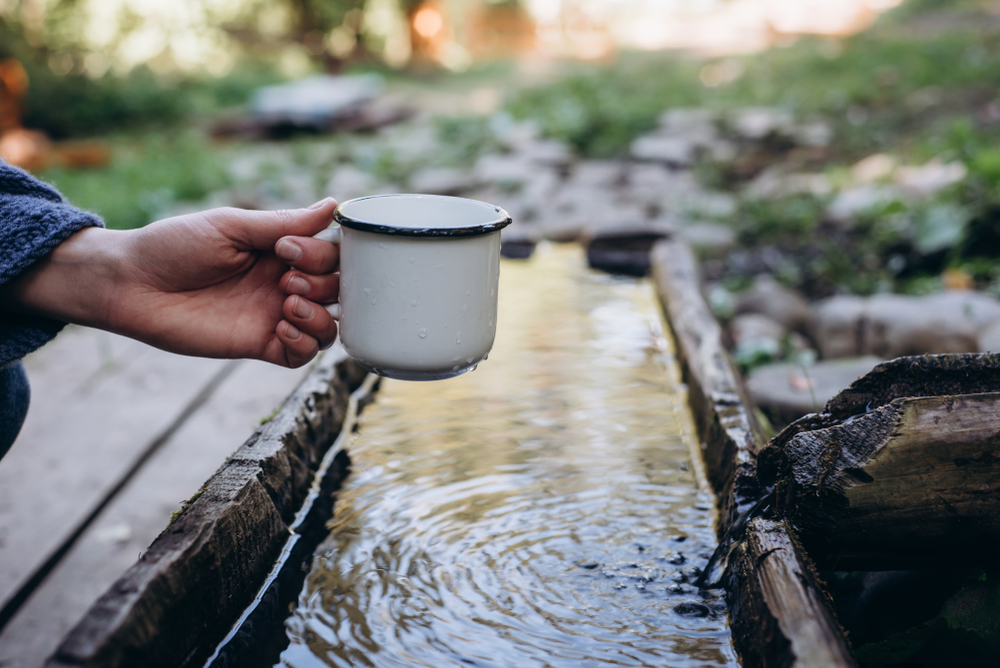The Parable of Living Water
/The following story comes from a sermon preached by Bishop Michael McKee on Monday night at the Clergy Retreat, which Kay and I attended. I don’t remember who originally told it, but I thought it was worth stealing:
Once upon a time, a holy man discovered a spring of water that had magical powers. The waters healed those who were sick, inspired those who were depressed, and gave immortality to those who drank it. The man built a little hut next to the spring and spent all his time there. Soon word began to spread of the living water, and other people began to build huts nearby. A thriving community built up around the waters.
One day, as yet another family moved into the area, someone suggested that they build a fence around the village. A fence with a door and lock was hastily constructed. But as soon as the fence was built, the water stopped flowing.
When the holy man discovered what had happened, he packed up his things and left the village. He wandered through the countryside until he came upon another spring with living water. Once again, he constructed a hut and moved in to stay. Soon word began to spread, and other people followed him. A thriving community built up around the spring.
As the population swelled, again someone suggested that they build a fence around the community. Again, a fence with a door and lock was built. And again, the water immediately stopped flowing.
When the holy man saw what had happened, he packed up his things again and left the village. This time he wandered farther and longer, but again he found a spring of living water. Once again, he built a small place to live.
You can imagine what happened — word got around, and the people came. They built a thriving community again. And once again, someone suggested they build a fence around the village.
This time, however, the holy man said, “No. We won’t build a fence, or install a door, or put in a lock.”
To this day, the holy man still lives in that place, in the midst of a thriving community, for the spring of living water still flows.
How are we constructing fences around the living water of the gospel?



